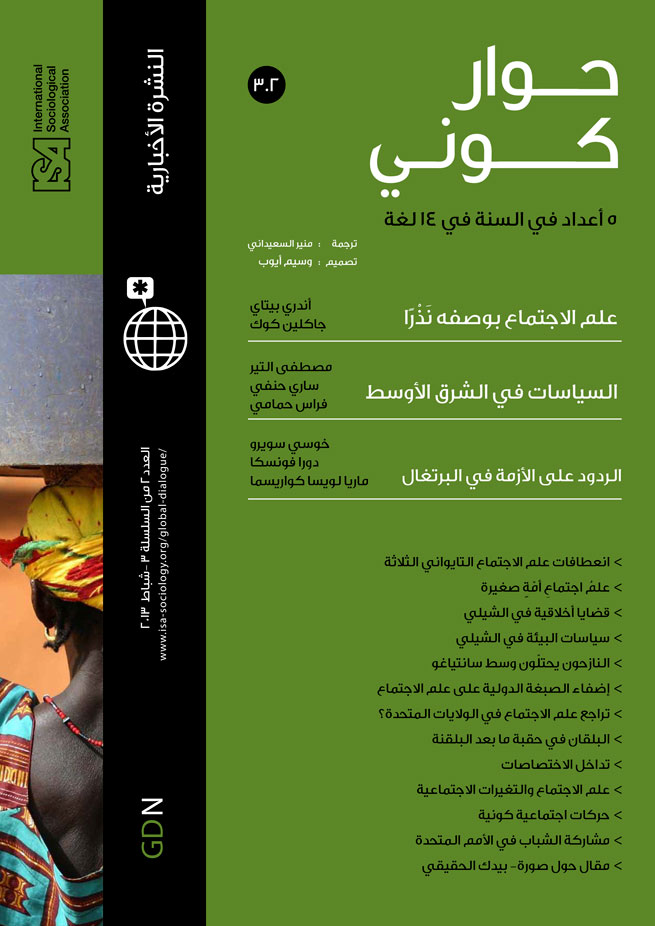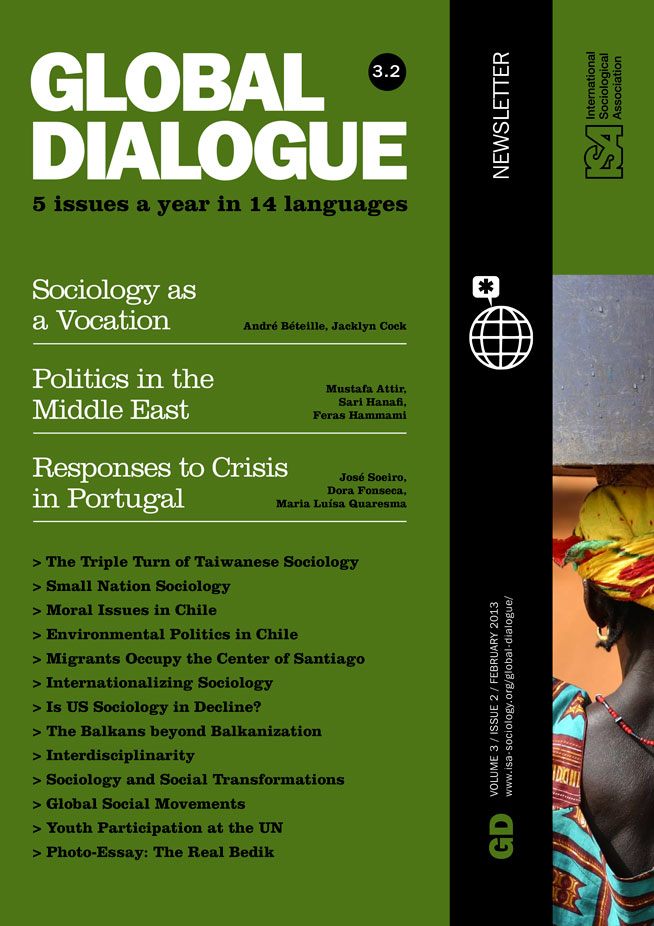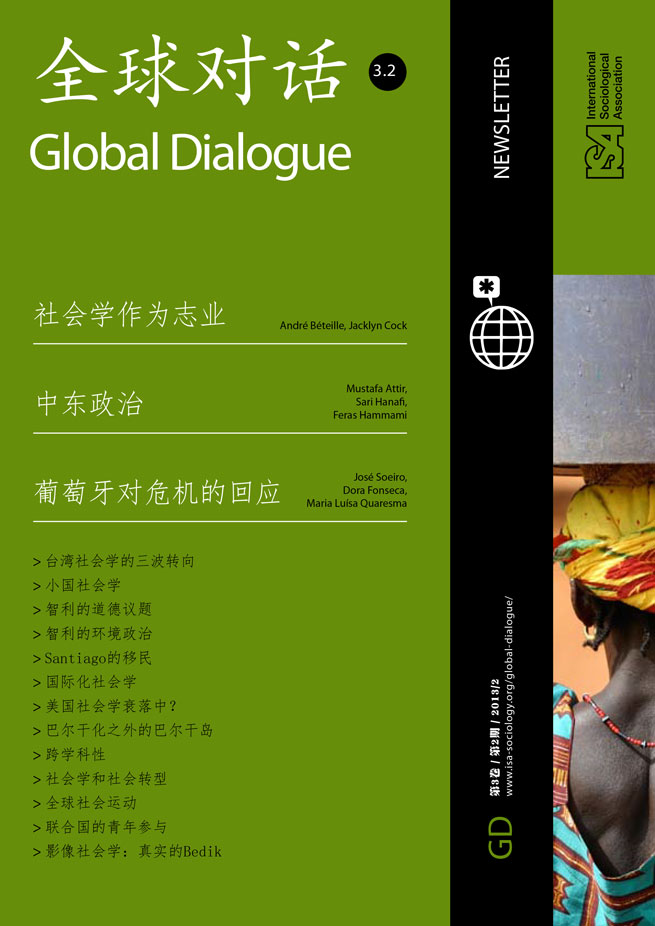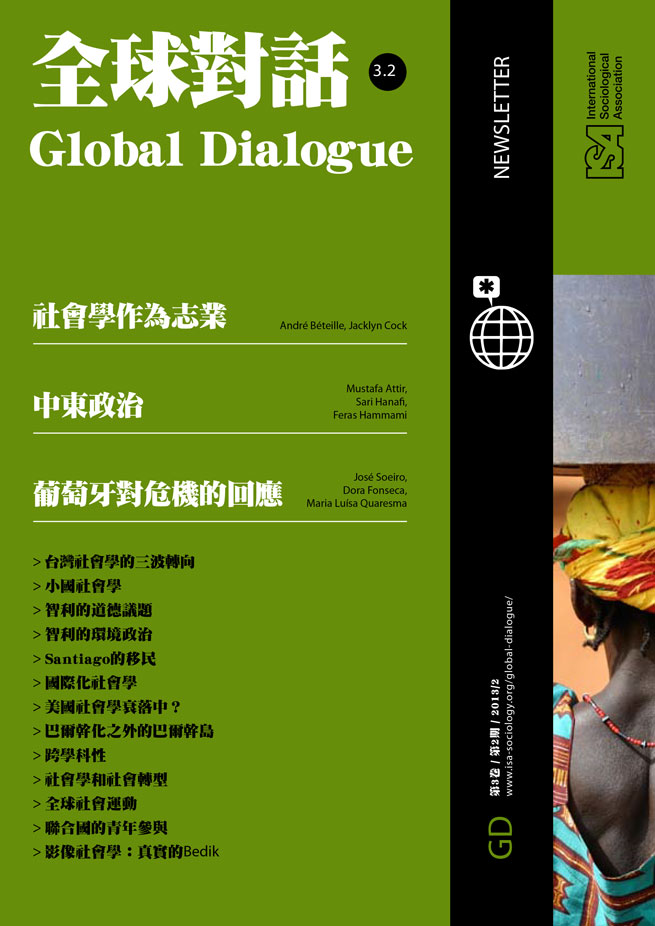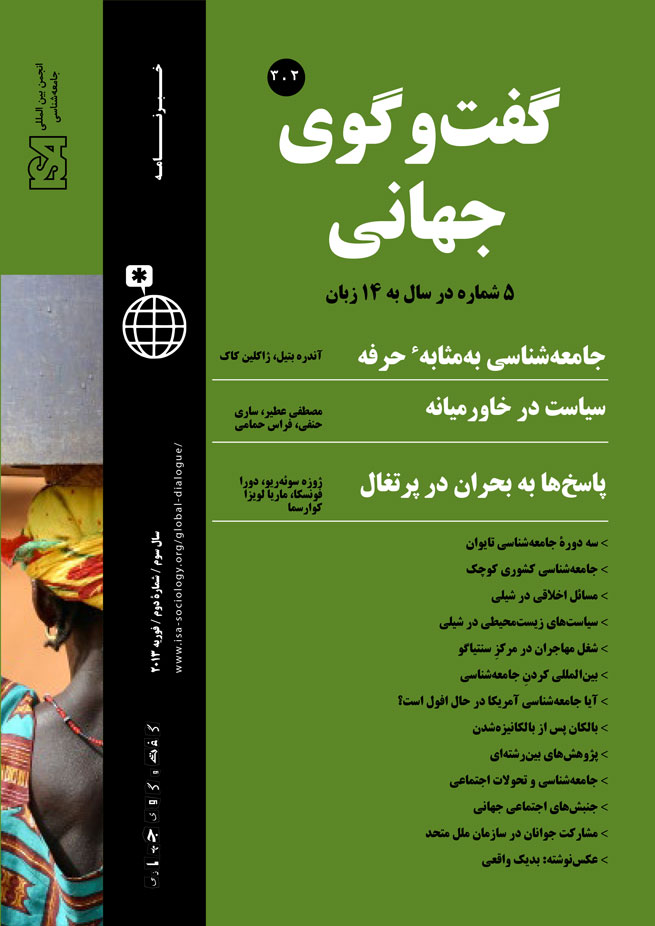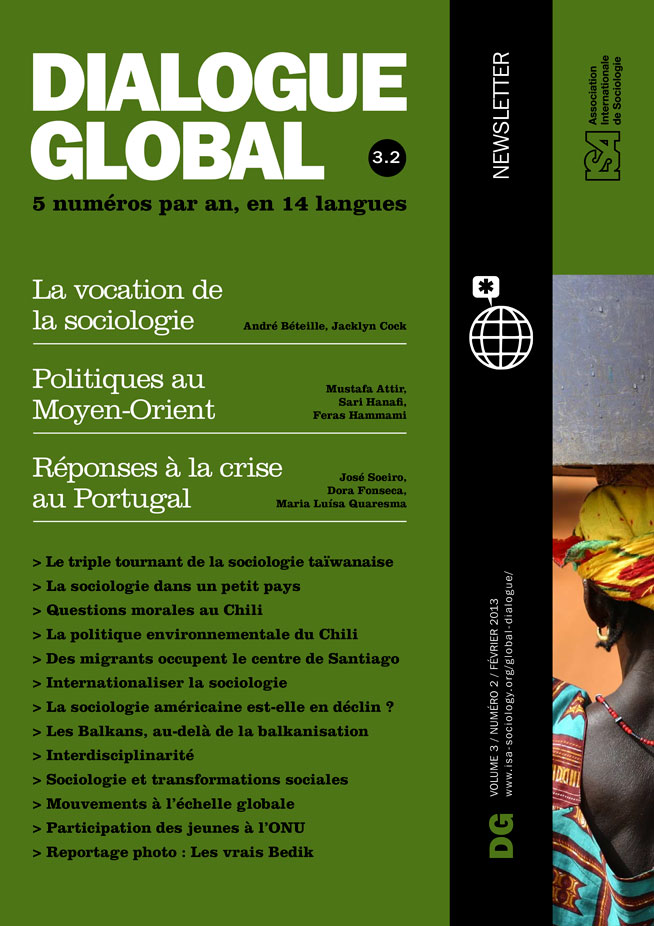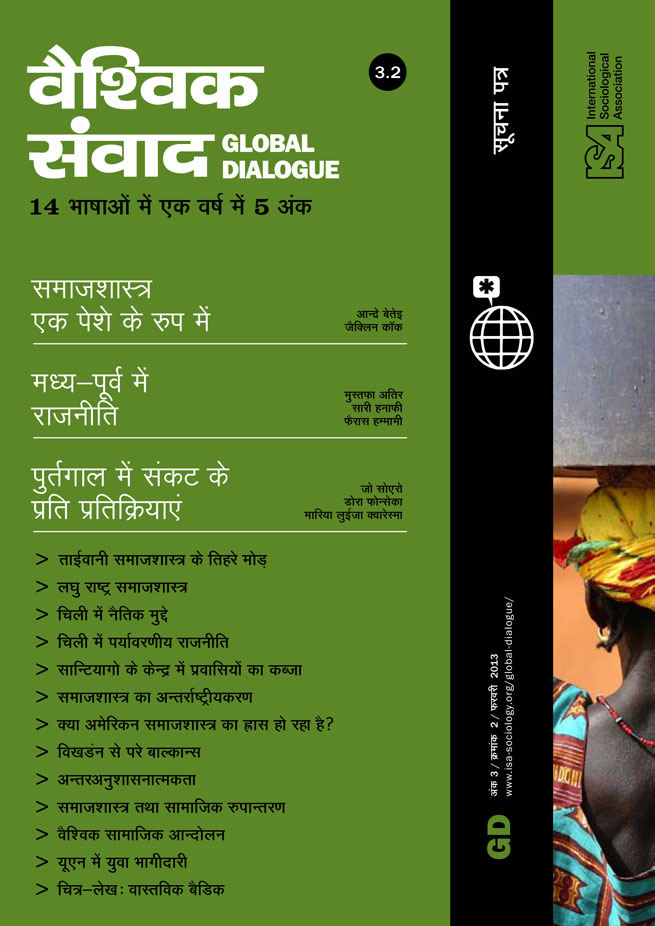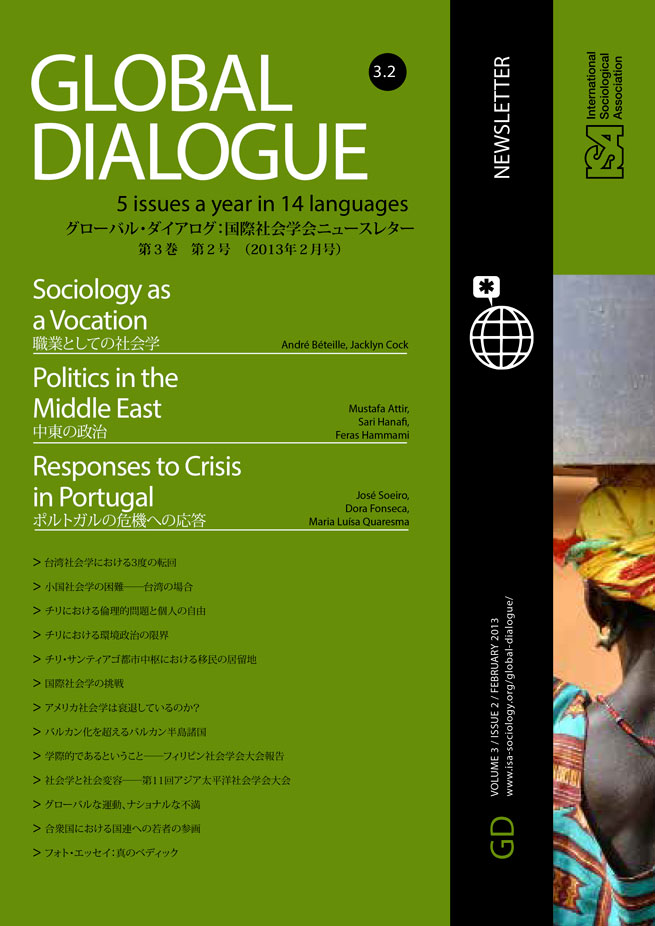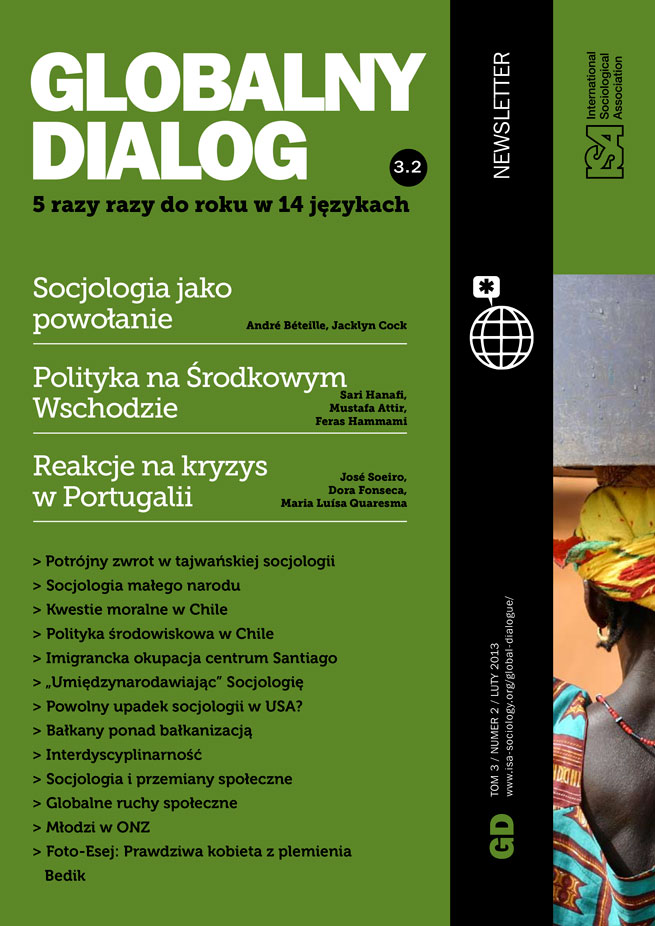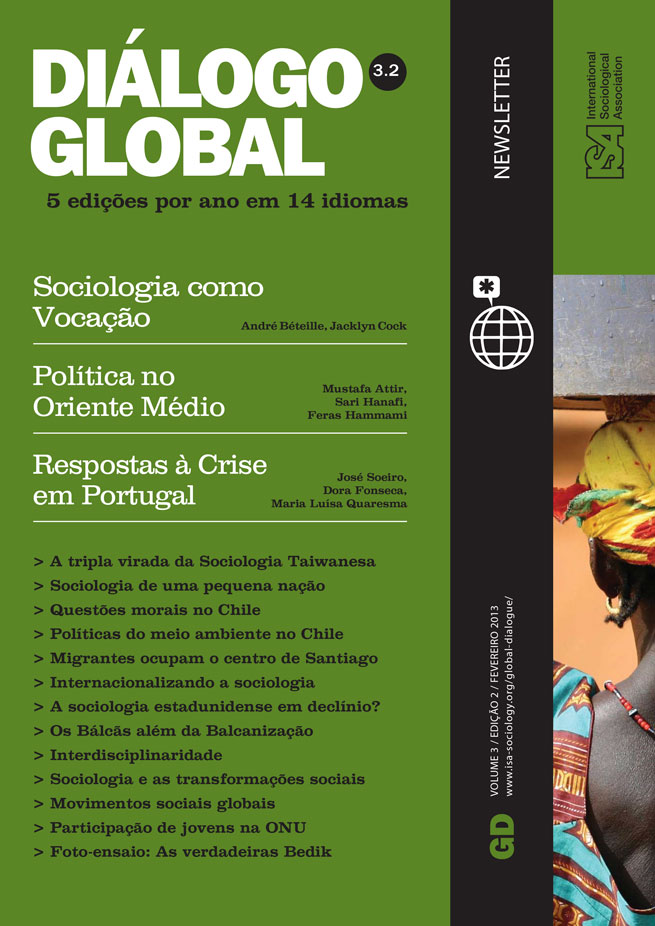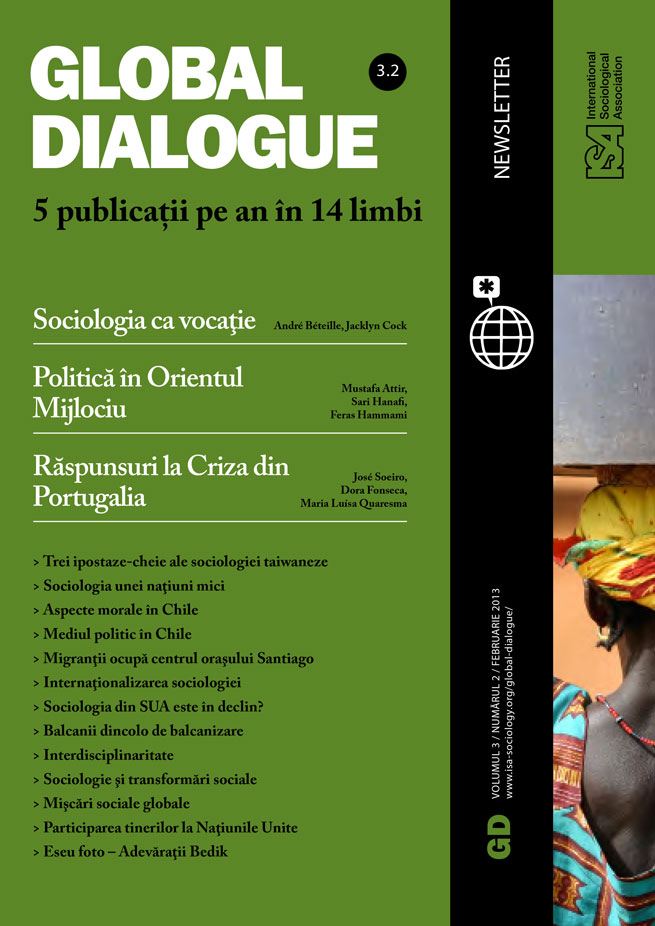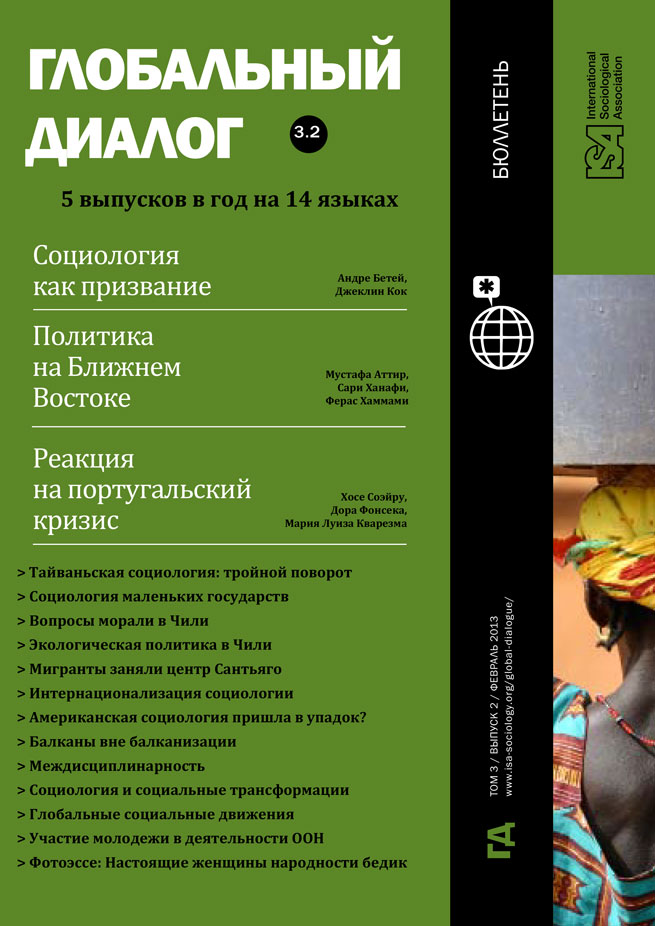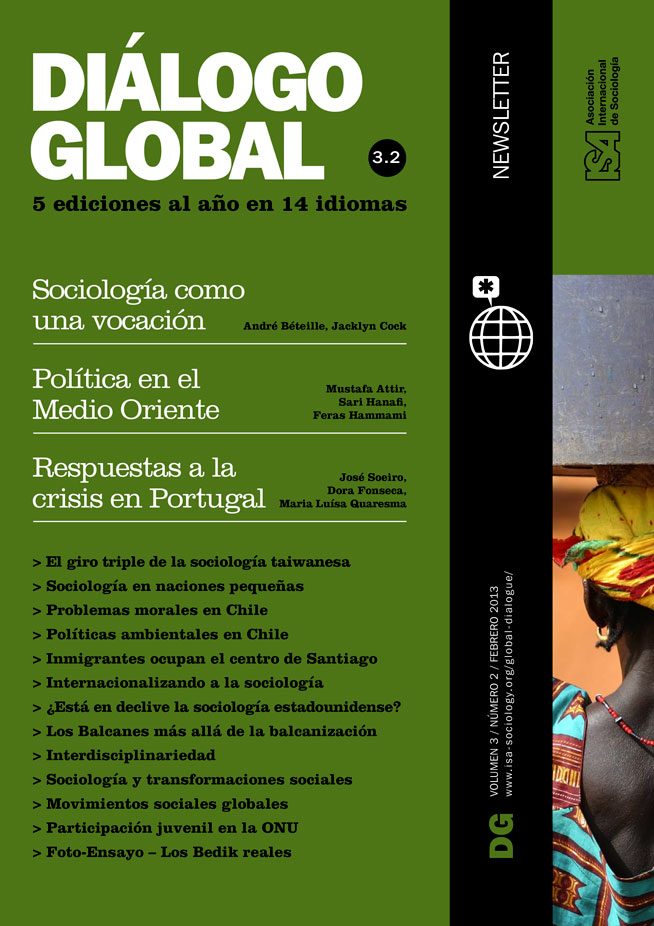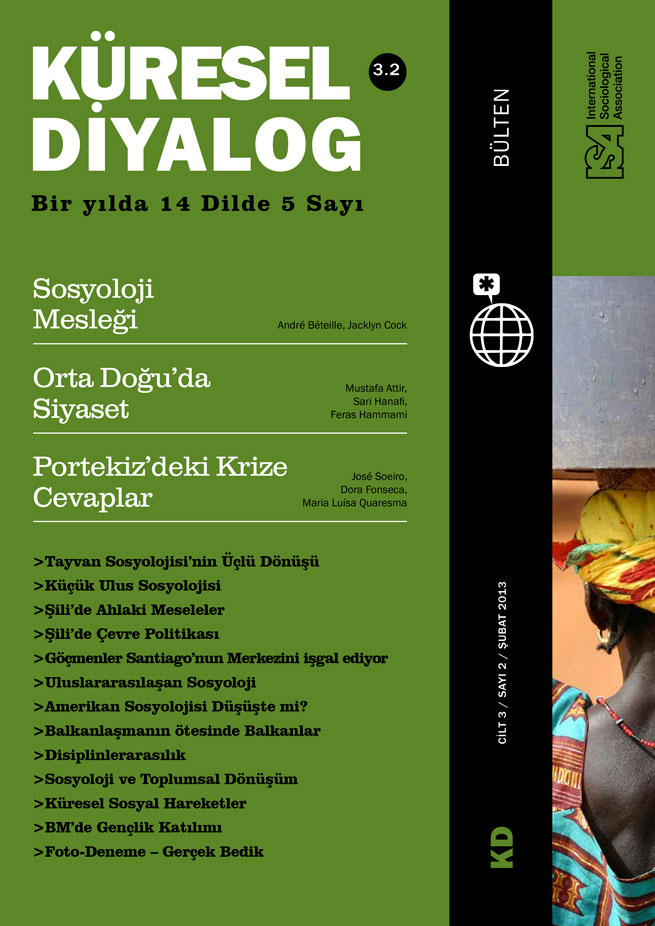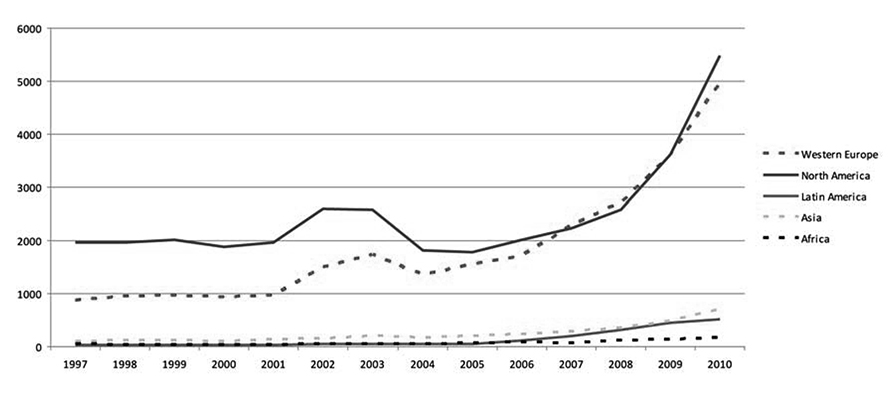Read more about The National and the International
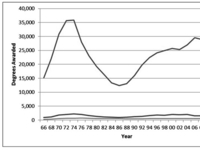
Is US Sociology in Decline?
by Bronwen Lichtenstein
February 15, 2013
Currently, in institutions of higher education around the world, a common demand is heard: internationalization. Amidst various efforts to achieve that, one in particular tops the list: publish in high-impact academic journals. Over the last 30 years, this task has long been identified and denounced as one of the core requirements of the sciences in general, and particularly of the social sciences. At the same time, publishing internationally means publishing in English. The reach of journals in Spanish, French, Arabic, or German is limited to certain linguistic communities that, although transnational, have failed to gain international status. The predominance of English as a privileged, global, academic language has reinforced this tendency.
Nevertheless, many of the publications that are considered “international” – because they are ranked in the top positions in the indexes, have high impact factors, and are edited in English – in fact are not. As Tom Dwyer noted at the ISA’s 2009 Conference of National Associations[1], the fact that a journal is published in English doesn’t imply, even logically, that this journal will be international. By definition, the journals of the national associations of sociology in North America or Western Europe are concerned with developing national research programs, and this is not necessarily a drawback. The problem is that non-dominant universities and the agencies that fund them consider these journals “international” and demand publication precisely there. This becomes a dilemma for those who work outside “mainstream” academia, especially those whose native language is not English. As a result, for the majority of sociologists around the world, the demand to publish internationally places them in a difficult quandary.
In the face of this demand for a spurious “internationalization,” which is not minor but in many cases shapes the perspectives of the field and even the possibility of employment itself, there are three possible reactions. First, a hyper-localism, either at a national or regional level, that rejects the demand to publish internationally – sometimes through a sophisticated critique of the indexing system and the measurements of impact, and sometimes simply as a defensive and culturalist reaction – and focuses instead on publishing for a domestic audience. The advantage of emphasizing hyper-particularity is that it can help deepen research on certain subjects, resulting in rich and detailed analysis. But the impossibility of entering into a dialogue with other perspectives and the limited relevance for a broader discussion significantly narrow the reach and potential theoretical importance of such contributions.
A second reaction accepts the urgent need to publish internationally and makes that the primary goal. In order to achieve it, non-dominant sociologies absorb the questions, theories, and methodologies of the dominant schools and imitate the styles of writing they endorse. Paradoxically, the non-dominant sociologists don’t always achieve their goal, perhaps because they don’t escape the trap of imitation. Writing texts that look perfectly academic, they are unable to maintain both relevance and originality. Perhaps the effort to make local analysis fit mainstream theoretical or stylistic formats becomes a Procrustean bed.
A third alternative, no less problematic or difficult to achieve, is that of dialogue. Authors, institutions, and journals that recognize the existence of local specificity in academic questions, theoretical debates, and writing styles, and at the same time see international publication as a doorway not only for national sociologies to grow and develop, but also as a way to participate in the construction of sociology as a project that is at once global and collective. This is the hope of publications by the International Sociological Association and of Current Sociology.
The World Social Science Report (UNESCO, 2010: 153) noted that the internationalization of publications favors the dominant regions: Europe and the United States. In fact, more than 80% of academic journals in the social sciences are published in English, and two thirds of the most influential publications in the field are published in only four countries: the United States, England, Holland and Germany. Meanwhile, Oceania, Latin America, and Africa each contribute less than 5% of articles worldwide (UNESCO, 2010: 143-4).
If we observe the journals ranked in the top positions on SCOPUS,[2] we can see that the majority of the authors they publish are affiliated with institutions in Western Europe and North America and that Asian and Latin American authors have a limited presence (albeit growing, in the case of the former) and that authors from African universities are almost completely absent.
Current Sociology is not immune to this trend. From 1999 to 2009,[3] just over 72% of the articles it published were by authors affiliated with European or North American universities. Similar to other mainstream journals, Asian and Australian authors made up 8.1% and 5.3%, respectively. In terms of academic affiliations, more than half of the authors published in the journal came from just five countries: Great Britain, the United States, Canada, Germany, and Australia.
But it is interesting to note that Current Sociology published 6% Latin American authors, 3.2% African authors, and 2% Middle Eastern authors. We are still far from reversing the trends denounced by UNESCO, but at the same time, I can assert with some pride that Current Sociology has opened the gates for other authors and other schools, establishing itself as a clearly international journal that works hard to be increasingly plural in its content and in the geographic diversity of its authors.
Since its establishment in 1952, Current Sociology has worked continuously towards this end. It accepts proposals for articles in any language – a practice shared by International Sociology. And it is open to publish new topics, theoretical and methodological proposals outside the mainstream, and alternative styles of writing. Rather, the journal is defined by its commitment to dialogue, which allows it to convey local analyses to an international audience. Of course, in this process, some local specificity will be lost, but not necessarily the sophistication of such analysis. And the possibility of debating with colleagues around the world is something that can enrich both the authors and the community of readers of Current Sociology.
[1] Dwyer’s comments can be seen in the video “Challenges for a Global Sociology” at http://www.youtube.com/watch?v=QA5GaEPQcZI.
[2] I would like to thank Matías López, editorial assistant at Current Sociology, who came up with the data for this chart and created it.
[3] More details and additional information from this survey of Current Sociology can be found in Eloísa Martín (2012) “Making Sociology Current through International Publication: A Collective Task.” Current Sociology 60(6): 832-7.
Eloísa Martín, Federal University of Rio de Janeiro, Brazil, and Editor of Current Sociology
This issue is not available yet in this language.
Request to be notified when the issue is available in your language.
If you prefer, you can access previous issues available in your language:
